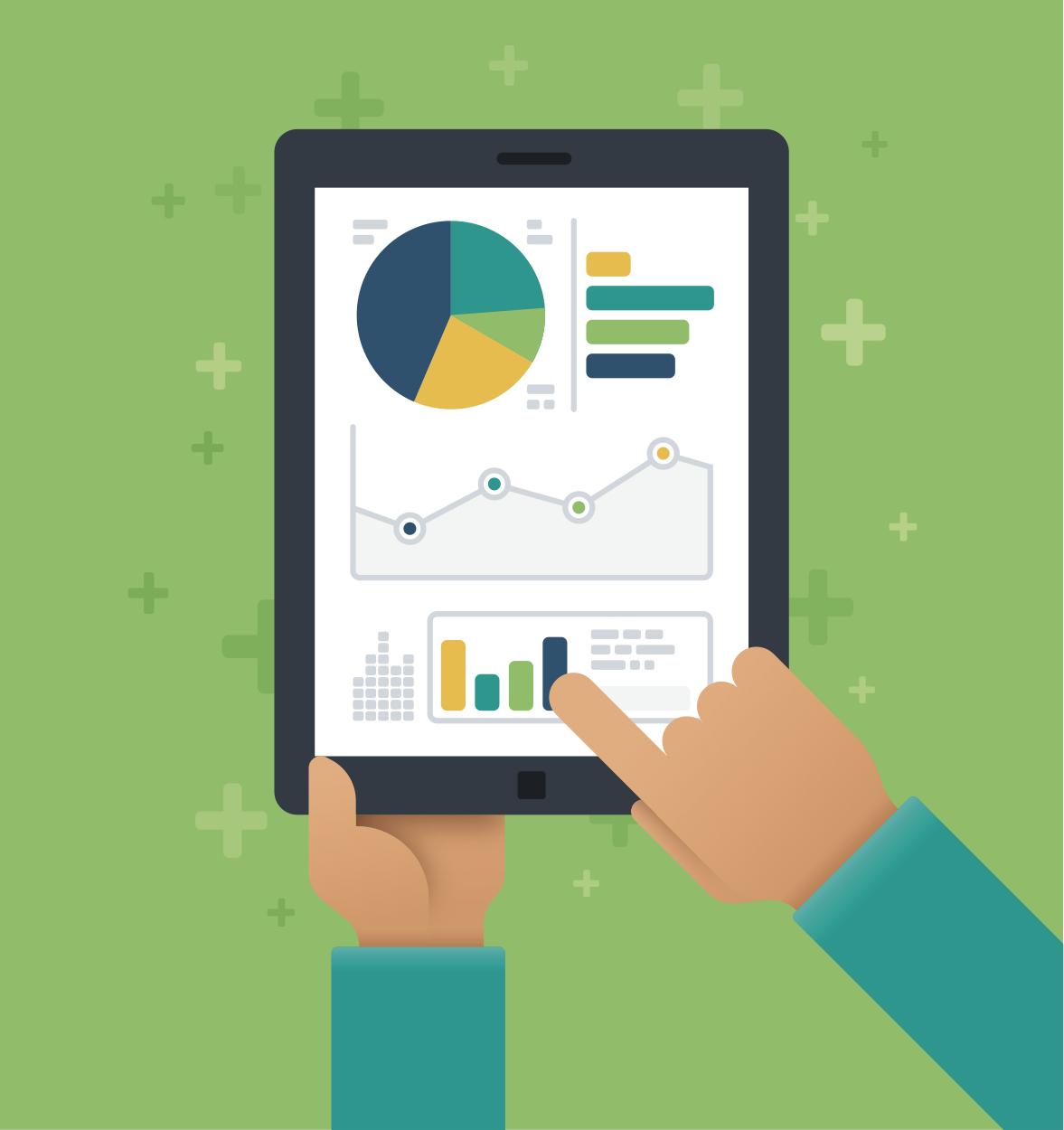
Teaching kids to make sense of data
Understanding how to work with data not only opens the door to opportunities in a changing workforce—it’s also critical to being an informed citizen, says Victor Lee, an associate professor at Stanford Graduate School of Education (GSE).
Take election polling: Knowing what the numbers really mean involves important considerations that news coverage may not address, Lee says. “How trustworthy is the data? Is it measuring the thing it’s supposed to be about? Is there bias built into the data collection—are they sampling the appropriate respondents?”
On this episode of School’s In, Lee joins GSE Dean Dan Schwartz and Senior Lecturer Denise Pope to talk about how to get young people engaged in learning about data and why these skills have become increasingly important.
One problem with the approach many schools take to teaching young people how to work with data is that it involves scenarios that are disconnected from students’ realities, Lee says.
“You’re finding these decontextualized situations [with] a list of numbers, like the heights of various animals or the wait times at various carnival rides, which is sort of arbitrary in this made-up world that hopefully is appealing because it involves carnivals or animals.” A better way to engage students, he says, is to situate lessons in their own lives.
He discusses his work with students collecting and analyzing data from their wearable activity trackers. “These are situations where students know a lot because it’s part of their routine, so they’re an expert on it. But they can find some interesting surprises and insights when they actually start looking at the data.”
You can listen to School's In on SiriusXM, Apple Podcasts, Google Podcasts, Spotify, Stitcher and Soundcloud.
Faculty mentioned in this article: Victor R. Lee



